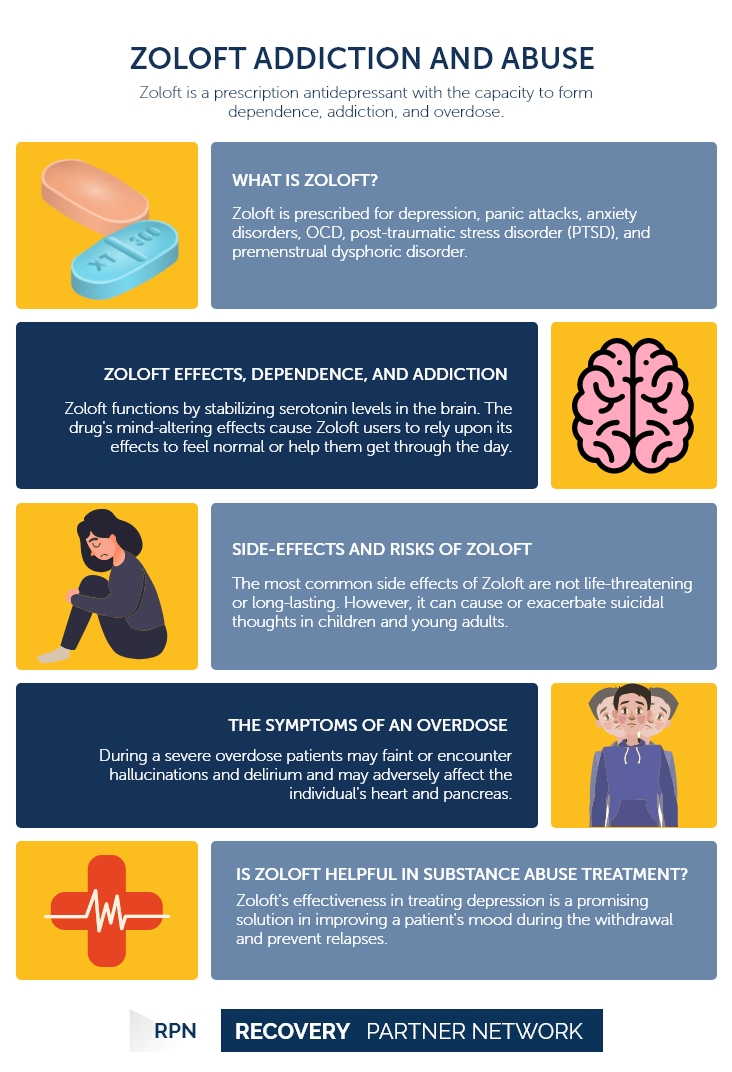Mark Halsey is a licensed therapist, founder, and chief editor of Clean Break Recovery. With over a decade of addiction treatment experience, Mark deeply understands...Read more
There is a lot of confusion in the medical world regarding Sertraline and whether or not it is a stimulant. Many people believe that Sertraline is a stimulant, but in reality, the answer is more complex than a simple yes or no. In this article, we will delve into the facts about Sertraline and answer the question: Is Sertraline a stimulant?

What is Sertraline?
Sertraline is a type of medication called a selective serotonin reuptake inhibitor (SSRI). It is commonly prescribed to treat depression, anxiety, and obsessive-compulsive disorder. It works by increasing the amount of serotonin, a neurotransmitter, in the brain. Serotonin is thought to affect mood and behavior.
How Does Sertraline Work?
Sertraline works by blocking the reuptake (or absorption) of serotonin in the brain. This means that more serotonin is available to the brain cells, which can improve mood and reduce anxiety. It also has a calming effect on the nervous system.
Is Sertraline a Stimulant?
No, sertraline is not a stimulant. Stimulants are drugs that increase alertness, energy, and attention. Instead, sertraline is an SSRI, which works to increase serotonin, not to stimulate the body. Therefore, it does not have the same effects as a stimulant.
Side Effects of Sertraline
Sertraline is generally well tolerated with few side effects. Common side effects include nausea, dry mouth, headache, insomnia, and dizziness. In some cases, more serious side effects may occur, such as increased risk of bleeding or suicidal thoughts.
Short-Term Side Effects
The most common short-term side effects of sertraline are nausea, dry mouth, and headaches. Other short-term side effects may include dizziness, insomnia, and drowsiness. These side effects usually go away within a few days of starting the medication.
Long-Term Side Effects
Long-term side effects of sertraline include increased risk of bleeding or suicidal thoughts. It is important to talk to your doctor if you experience any of these side effects. Other long-term side effects may include weight gain, sexual dysfunction, and an increased risk of diabetes.
Conclusion
In conclusion, sertraline is a type of medication used to treat depression, anxiety, and obsessive-compulsive disorder. It works by increasing the amount of serotonin, a neurotransmitter, in the brain. Sertraline is not a stimulant and does not have the same effects as a stimulant. Common side effects include nausea, dry mouth, headache, insomnia, and dizziness. In some cases, more serious side effects may occur, such as increased risk of bleeding or suicidal thoughts. It is important to talk to your doctor if you experience any of these side effects.
Frequently Asked Questions
What is Sertraline?
Sertraline is an antidepressant medication that belongs to a class of drugs known as selective serotonin reuptake inhibitors (SSRI). It is used to treat depression, anxiety, panic disorders, and obsessive-compulsive disorder (OCD). It works by increasing levels of serotonin in the brain, which is a neurotransmitter that helps regulate mood.
Is Sertraline a Stimulant?
No, sertraline is not a stimulant. Stimulants are substances that increase activity in the central nervous system, leading to increased alertness, wakefulness, and focus. Sertraline is an antidepressant that works by increasing levels of serotonin in the brain, which helps to regulate mood. It does not have any stimulating effects.
How Does Sertraline Work?
Sertraline works by blocking serotonin, a neurotransmitter, from being reabsorbed by the nerve cells in the brain. This allows more serotonin to remain in the brain, which helps to improve mood, reduce anxiety, and improve other symptoms of depression.
What Are the Side Effects of Sertraline?
Common side effects of sertraline include nausea, dry mouth, sleepiness, headache, dizziness, and insomnia. Less common side effects include weight gain, sexual dysfunction, and increased sweating. If any of these side effects become severe or persist, contact your doctor.
Who Should Not Take Sertraline?
Sertraline should not be taken by people who have a history of bipolar disorder, are taking MAO inhibitors, or have narrow-angle glaucoma. It should also not be taken by pregnant women or those who are breastfeeding. It is important to talk to your doctor before taking sertraline to make sure it is safe for you.
What Should I Do If I Miss a Dose of Sertraline?
If you miss a dose of sertraline, take it as soon as you remember. If it is almost time for your next dose, skip the missed dose and continue with your regular dosing schedule. Do not take two doses at once to make up for the missed dose.
How Zoloft (Sertraline) Works
In conclusion, while Sertraline is not considered a stimulant, it can have stimulating effects. It is important to remember that everyone reacts differently to medications and that it is always best to consult with a doctor before taking any drug. With the right guidance and caution, Sertraline can be used safely and effectively to treat a variety of mental health disorders.
Mark Halsey is a licensed therapist, founder, and chief editor of Clean Break Recovery. With over a decade of addiction treatment experience, Mark deeply understands the complex needs of those struggling with addiction and utilizes a comprehensive and holistic approach to address them. He is well-versed in traditional and innovative therapies, including cognitive-behavioral therapy, motivational interviewing, and mindfulness-based interventions.
More Posts